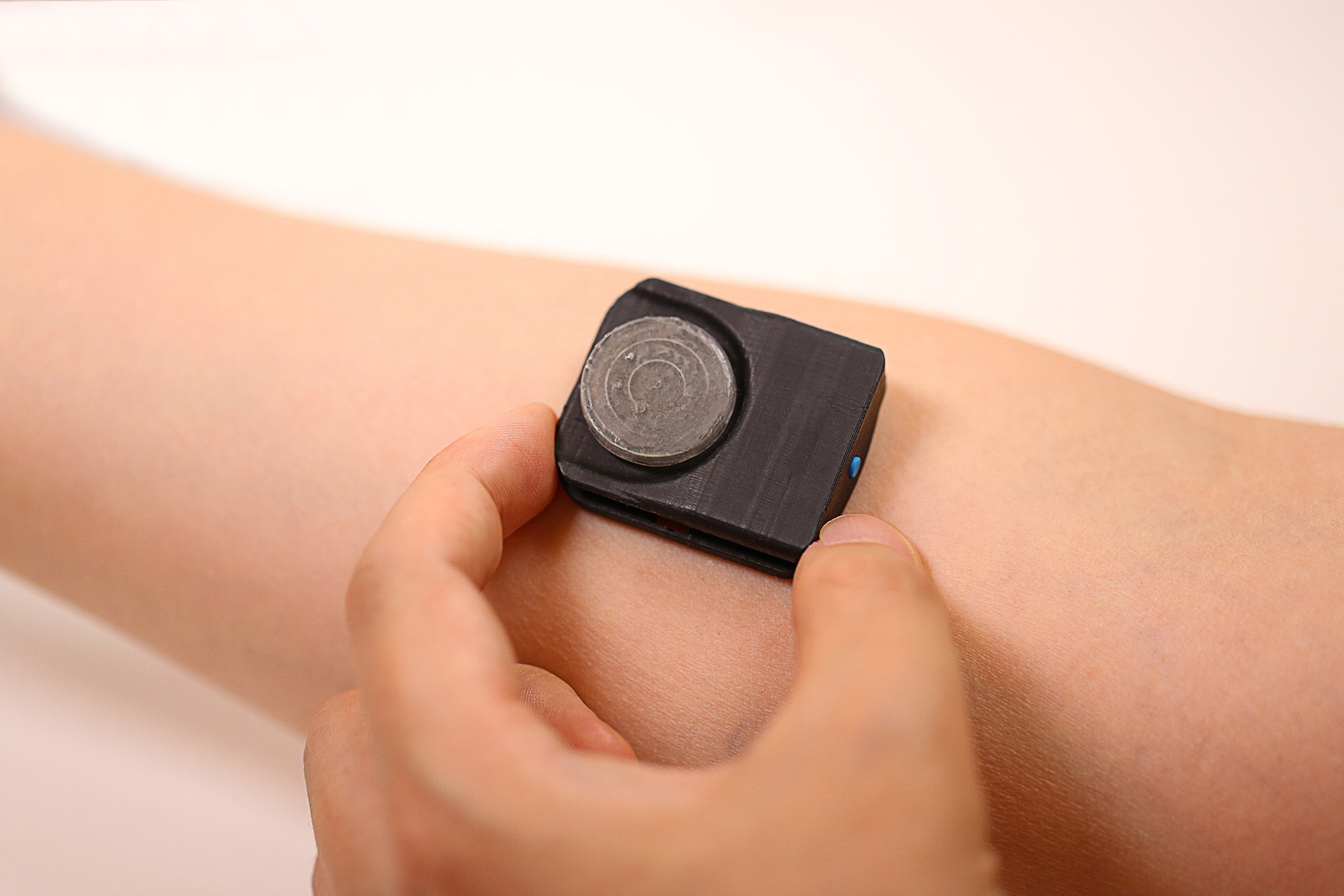Search results for: “dermatology”
-

Wearable Sleep Monitoring Device May Improve Detection of Sleep Disorders
Northwestern scientists have developed a wearable wireless device to monitor sleep, which may improve the detection of sleep disorders, detailed in recent study in the Proceedings of the National Academy of Sciences.
-

How Hair Follicles Sense Their Environment
Northwestern Medicine scientists have discovered how cells responsible for hair growth perceive physical forces in their environment and utilize this information to regulate their behavior, according to a study published in Science Advances.
-

Taking the Science to Market: Start-ups at Feinberg
This story was originally published in the June 2025 issue of the Breakthroughs newsletter. Every year at Feinberg, a handful of start-up companies are born from discoveries in the lab. Paperwork is filed for hundreds of inventions and patents; patents are issued and the process for optioning and licensing technology through Northwestern’s Innovations and New Ventures[…]
-

Celebrating Honors Day 2025
Fourth-year medical students and faculty members were recognized for academic and clinical excellence during Feinberg’s Honors Day, held on May 16 in the Hughes Auditorium.
-

New Wearable Tech Simulates Realistic Touch
In a study published in Science, Northwestern University engineers have unveiled a new technology that creates precise movements to mimic complex sensations including pressure, vibration and stretching.
-

Regenerating Eyedrops May Help Damaged Corneas Heal
Northwestern Medicine investigators have developed first-of-its-kind eyedrops that use synthetic nanoparticles to help the eye regenerate cells that have been damaged by mustard keratopathy, or exposure to mustard gas, and other inflammatory eye diseases, detailed in a recent study published in the journal NPJ Regenerative Medicine.
-

Northwestern Launches Pioneering Medical Research Institute With $10 Million Gift From Trustee Kimberly Querrey, Bringing Her Total University Giving to $391 Million
Northwestern University Trustee Kimberly K. Querrey has made a $10 million gift to create and enhance the Querrey Simpson Institute for Regenerative Engineering at Northwestern University.
-

New Wearable Device is the First to Gauge Health by Sensing Gases Through Skin
Northwestern University scientists have developed the first wearable device for measuring gases emitted from and absorbed by the skin, according to a new study published in Nature.
-

World’s Smallest Pacemaker is Activated by Light
Northwestern engineers have developed a pacemaker so small that it can fit inside the tip of a syringe and be non-invasively injected into the body.
-

Celebrating Feinberg’s 2025 Match Day
Feinberg medical students’ excitement and anticipation erupted in a flurry of torn envelopes on March 21 as they discovered where they matched for residency training at this year’s Match Day celebration.






